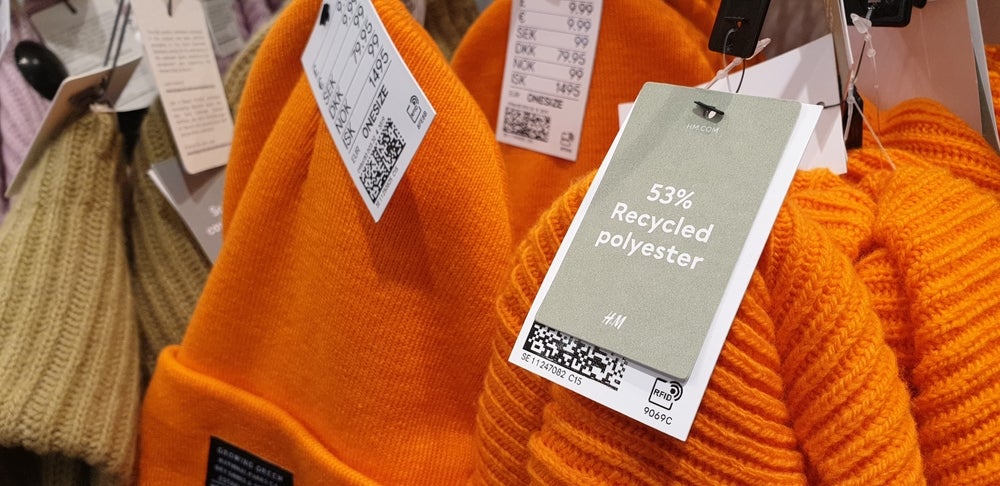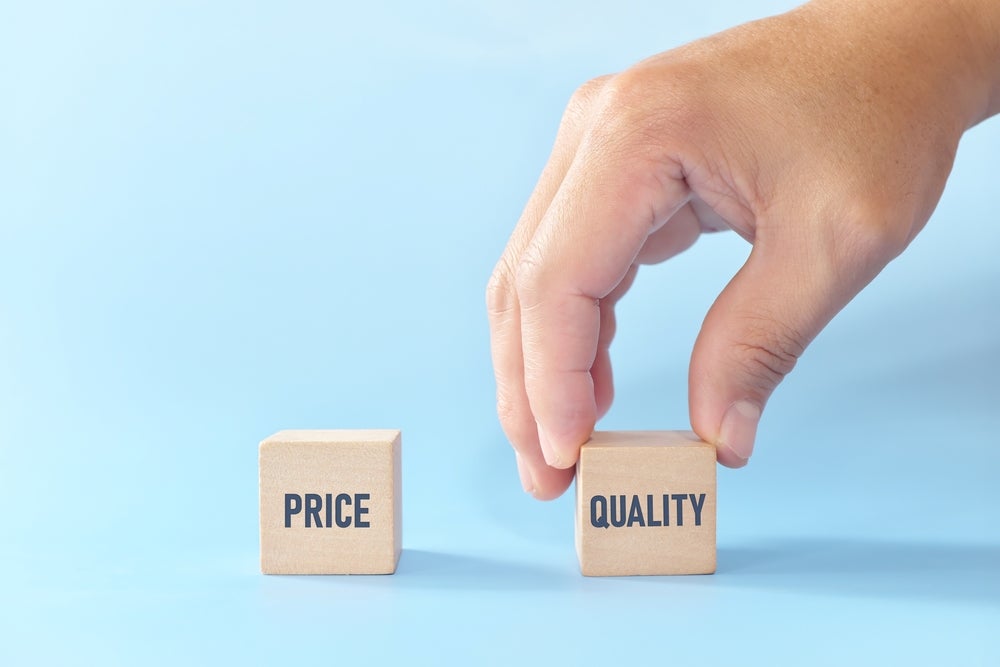The "Chatting Climate and Consumer Goods" event collaboratively organised by Cascale and Worldly in the city's Garment district saw industry giants and Cascale members come together, including PVH, Patagonia, Lululemon, The Children's Place, as well as LVMH.
The hosts and speakers offered expertise on decarbonisation, identifying improvements in supplier engagement, and setting science-based targets.
Necessity for sustainability regulation
Cascale CEO Colin Browne, Worldly CEO Scott Raskin, and Cascale board chair and senior policy director sustainable fashion at Solidaridad Tamar Hoek set the tone with a call to action, underscoring the necessity of regulated sustainability practices.
Browne emphasised that regulation would drive significant shifts within the workforce, while Hoek reinforced the urgency of collective action to address climate issues, noting the "long road ahead."
Lewis Perkins, president and CEO of Apparel Impact Institute (Aii), presented a collaborative "Industry Decarbonisation Roadmap," stressing the importance of targeted financial support and long-term partnerships in achieving industry goals. Perkins also highlighted the $250 million Fashion Climate Fund, designed to support low-carbon transitions across apparel supply chains.
Synergy between brands and suppliers
The duo added that in a special pre-recorded session, "Manufacturer Message: Live from Jakarta," Sunil Shewakramani, CEO Busana Apparel Group, and Andrew Martin, executive vice president of Cascale, discussed the synergy between brands and suppliers and the moral imperative to do right by people and planet.
Martin reportedly shared Cascale’s intent to elevate manufacturers' voices, to which Shewakramani added: "The whole thing needs to change from 'I' to 'we.'"
The event also included a panel on data harmonisation within supply chains, led by Worldly’s Scott Raskin and Open Supply Hub’s CEO Natalie Grillon. Raskin reportedly pointed to how the adoption of OSH by multi-stakeholder initiatives (MSIs) improves collaboration across supply chains, noting how these partnerships can strengthen supply chain relationships and shared goals.
He reinforced that transparency in data is Worldly’s mission.
Cascale's new Life Cycle Assessment (LCA)
In another key development, Cascale introduced a new cotton Life Cycle Assessment (LCA) methodology for the Higg Materials Sustainability Index (Higg MSI), aimed at providing “unprecedented accuracy and consistency” in measuring cotton’s environmental impacts.
Cascale explained this updated methodology provides businesses with reliable data to make informed sourcing and sustainability decisions.
Data modeled with this methodology will reportedly be featured in current and future Higg MSI updates, exclusively accessible on Worldly’s platform, reflecting the collaboration of industry-wide stakeholders.
Cascale believes this updated cotton methodology not only strengthens sourcing decisions within the cotton sector but also sets a precedent for improving data transparency across other fibers and materials in the Higg MSI.
Additionally, the cotton LCA methodology is notably designed to accurately demonstrate the impacts of field practice improvements over time, providing Higg MSI users with more steering information and enabling more accurate impact monitoring.
According to Joël Mertens, Cascale’s Director of Higg Product Tools, emphasized the power of collaboration in this achievement: "By bringing together diverse stakeholders who work directly with cotton growers we’ve created a methodology that not only improves cotton LCA data, but advances transparency through continuous updates and evolution. This in turn allows for better partnerships and decision-making across supply chains to drive real sustainability outcomes."
The Higg MSI, described by Cascale as a cradle-to-gate assessment tool, calculates environmental impacts from raw material extraction through manufacturing and finishing stages to product assembly readiness.
Cascale shared its committed to incorporating evolving cotton LCA data in upcoming Higg MSI updates, ensuring a continuously refined resource for industry-wide sustainable decision-making.
Recently, Cascale and supply chain mapping platform Open Supply Hub (OS Hub) entered a strategic collaboration aimed at accelerating transparency and sustainability across global supply chains.















